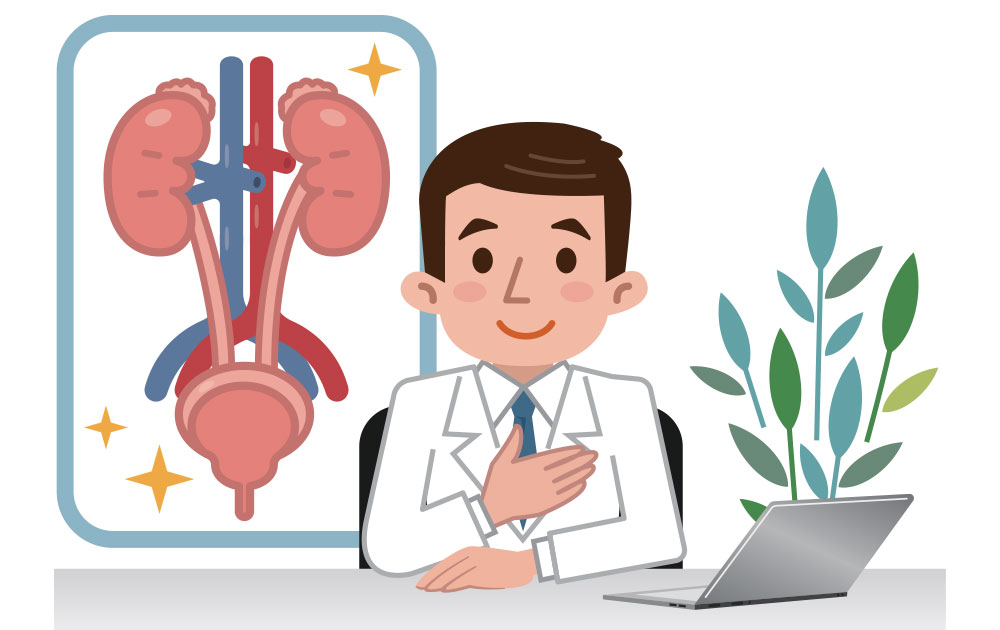Introduction:
Urology, a branch of medicine encompassing the study and treatment of the urinary system, is often misunderstood or overlooked until a problem arises. Yet, the field of urology plays a crucial role in both men's and women's health, addressing a wide range of conditions affecting the kidneys, bladder, urethra, and related organs. Let's delve into the diverse spectrum of conditions that urologists are trained to diagnose and treat.
1. Urinary Tract Infections (UTIs):
Urinary tract infections are one of the most common reasons individuals seek urological care. Whether bacterial or fungal in nature, UTIs can cause discomfort, frequent urination, and sometimes severe pain. Urologists employ various diagnostic techniques, including urine analysis and culture, to identify the underlying cause and prescribe appropriate antibiotics or antifungal medications.
2. Kidney Stones:
Kidney stones, solid mineral deposits that form within the kidneys, can lead to excruciating pain and even kidney damage if left untreated. Urologists utilize imaging studies such as CT scans or ultrasounds to locate and assess the size of kidney stones. Treatment options range from conservative measures like increased fluid intake to minimally invasive procedures such as lithotripsy or surgical removal.
3. Benign Prostatic Hyperplasia (BPH):
BPH, commonly known as enlarged prostate, primarily affects older men and can cause urinary symptoms such as frequent urination, nocturia, and urinary retention. Urologists employ various approaches to manage BPH, including medications to alleviate symptoms and surgical interventions like transurethral resection of the prostate (TURP) to relieve obstruction.
4. Erectile Dysfunction (ED):
Erectile dysfunction, the inability to achieve or maintain an erection sufficient for sexual intercourse, can have profound effects on a man's quality of life and self-esteem. Urologists assess the underlying causes of ED, which may include vascular issues, hormonal imbalances, or psychological factors, and recommend appropriate treatments such as medications, penile implants, or counseling.
5. Urinary Incontinence:
Urinary incontinence, the involuntary leakage of urine, affects individuals of all ages and can result from various factors, including childbirth, neurological disorders, or pelvic floor weakness. Urologists conduct thorough evaluations, which may involve urodynamic testing or imaging studies, to determine the underlying cause of urinary incontinence and tailor treatment plans accordingly, which may include pelvic floor exercises, medications, or surgical interventions.
6. Prostate Cancer:
Prostate cancer is one of the most common cancers affecting men worldwide. Urologists play a pivotal role in the early detection, staging, and treatment of prostate cancer through screening methods such as digital rectal exams (DRE) and prostate-specific antigen (PSA) testing. Treatment options range from active surveillance for low-risk tumors to surgery, radiation therapy, or hormonal therapy for more advanced cases.
7. Bladder Cancer:
Bladder cancer, characterized by the abnormal growth of cells within the bladder lining, presents challenges in diagnosis and management. Urologists utilize cystoscopy, imaging studies, and biopsy to diagnose bladder cancer accurately. Treatment strategies may include transurethral resection of bladder tumor (TURBT), chemotherapy, immunotherapy, or radical cystectomy in advanced cases.
Conclusion:
The field of urology encompasses a broad spectrum of conditions affecting the urinary system, ranging from benign to malignant disorders. Urologists Urologists play a critical role in diagnosing, treating, and managing these conditions, often employing a multidisciplinary approach to provide comprehensive care to their patients. By raising awareness of the diverse range of conditions treated by urologists, we can empower individuals to seek timely medical attention and prioritize their urological health.





Comments